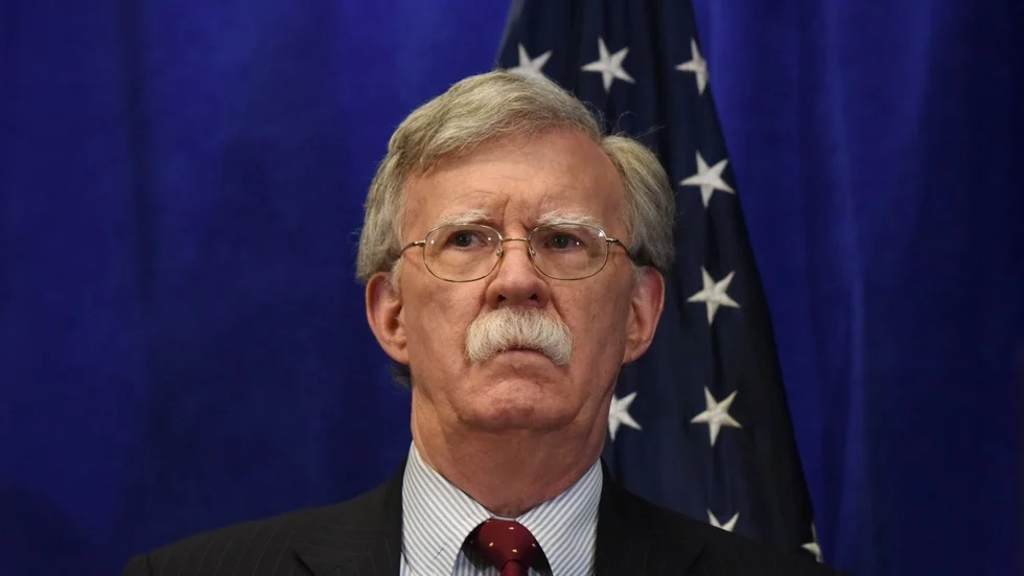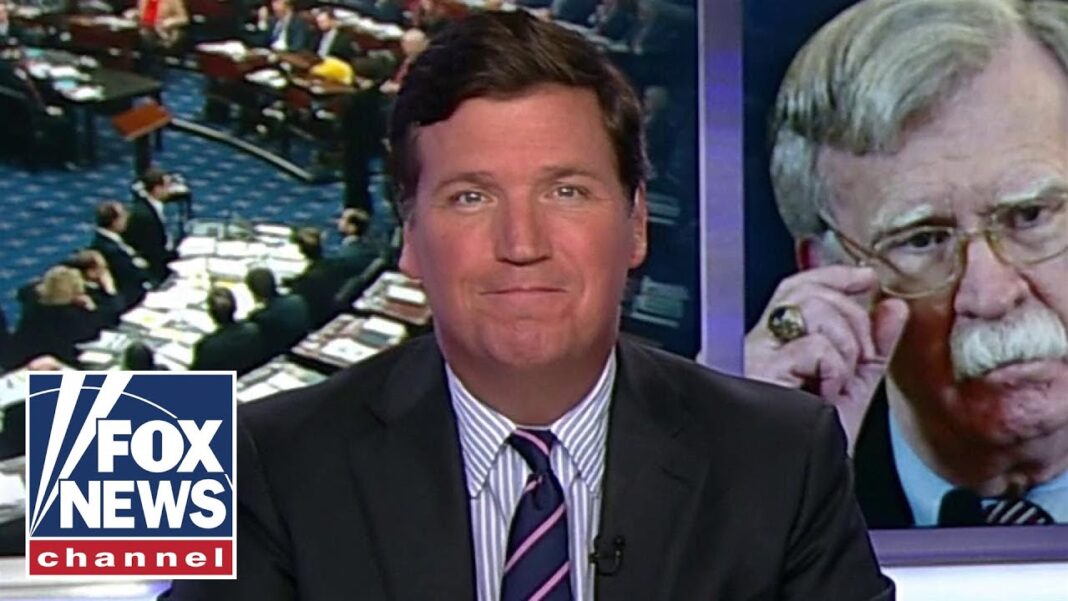It was crushing to read weekend press reports that my friend and former boss John Bolton plans to publish a tell-all book on his time as President Trump’s National Security Adviser. The book reportedly will be published in March 2020. Given the importance of protecting a president’s confidential discussions with his senior advisers, I strongly disagree with Bolton’s decision to release the book before the November presidential election and call on him to withdraw it from the publisher immediately.
I have known John Bolton for 30 years and served as his chief of staff twice, at the State Department from 2001-2005 and at the White House National Security Council in 2018. He is an exceptional national security expert and a man of great integrity. President Trump’s choice of Bolton was one of his best personnel decisions and was I very sorry when the courageous and visionary national security adviser left the White House after the relationship broke down.
Bolton played an important role in some of President Trump’s most successful foreign policy decisions, including withdrawing from the nuclear deal with Iran, moving the American embassy in Israel to Jerusalem, and the 2018 Counterterrorism Strategy. While there was some criticism of Bolton’s performance as National Security Adviser, most of it was unfair and reflected the difficulty of overseeing President Trump’s national security policies when careerists and Obama holdovers in other government agencies, especially the State Department, were actively working to obstruct and defeat the president’s policies.
Presidents must be able to candidly consult with their advisers without worrying they will leak these discussions to the press or obtain high-dollar book contracts to publish them. A book by a former national security adviser ahead of a president’s reelection bid may set a dangerous precedent since it could discourage future presidents from seeking advice from expert advisers on sensitive national security matters.
This is why executive privilege exists: to allow the president and other senior officials to keep certain communications and internal deliberations private if disclosing them would disrupt the functions or decision-making processes of the executive branch.







